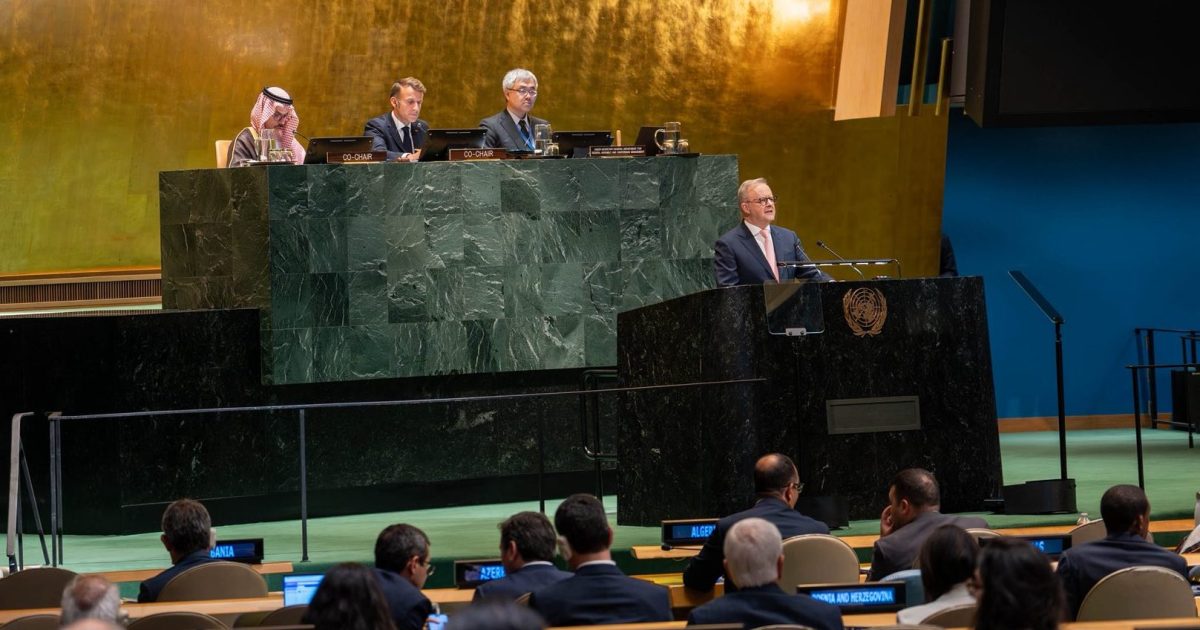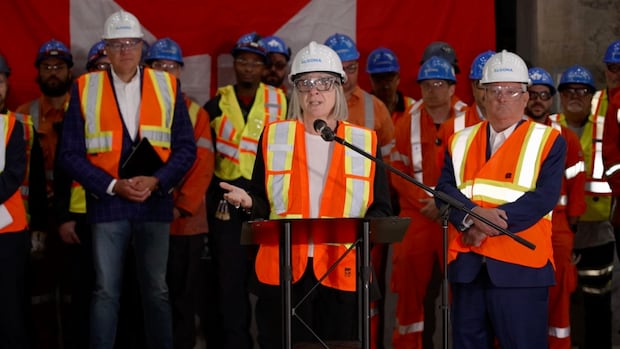Algoma Steel Secures $500 Million in Government Loans Amid Trade Tensions
Algoma Steel Group Inc. will receive $500 million in government loans from both the federal and provincial governments. This funding aims to help the company reorient its business away from reliance on the United States, with the government arguing that supporting the domestic steel industry is a crucial matter of Canadian sovereignty.
Financial Details of the Government Support
The federal government is providing $400 million through the Large Enterprise Tariff Loan program, a $10-billion fund established in March to alleviate tariff pressures. The Ontario government will contribute an additional $100 million to the Sault Ste. Marie-based company.
These loans are intended to ensure Algoma Steel can maintain its operations, minimize disruptions to its workforce, and transition to a business model less dependent on the United States market.
Government Rationale: Steel as the "Backbone of Sovereignty"
Patty Hajdu, minister for jobs and the federal government’s northern Ontario development agency, emphasized that steel forms the "backbone of sovereignty" in Canada. This support comes during a period of significant shifts in global trade dynamics.
"Anchoring our steel industry with a Canadian-owned company … is actually super critical to our sovereignty and to the needs that the country is going to have in the defence procurement strategy and major projects," Hajdu said.
Impact of U.S. Tariffs and Algoma's Transition
Algoma CEO Michael Garcia stated that U.S. President Donald Trump's 50 per cent steel tariffs have effectively closed the American market to Canadian steel. This has made some of Algoma's current operations unsustainable and accelerated the company's transition to electric arc furnace steelmaking, a more energy-efficient process compared to traditional blast furnaces. The transition is expected to cost $987 million.
This shift will also enable Algoma to produce more of the specific types of steel needed by Canadian industry, supporting domestic projects and reducing reliance on foreign imports.
Government Procurement Plans and Steel Industry Support
The federal government is committed to including more domestic steel in Canadian infrastructure and defense projects. They are preparing to launch a new procurement plan requiring both domestic and foreign contractors to prioritize Canadian materials, starting with steel and lumber, for government contracts. Prime Minister Mark Carney previously introduced tariffs on non-U.S. steel and measures against alleged steel dumping from China to bolster the domestic industry.
Concerns and Reactions
Conservative Leader Pierre Poilievre criticized Carney's efforts to remove tariffs. He called for an end to the federal government’s industrial carbon tax to protect domestic steel producers, describing the steel sector as "the bones of an industrial economy and of our national security." While he did not directly comment on the Algoma loan, he stated he would need to review the details.
The United Steelworkers union welcomed the government funding, but emphasized the need for guarantees and transparency regarding the terms of the deal. Marty Warren, USW national director, stated that "workers and the public deserve transparency about the terms of this deal" and highlighted the importance of diversifying Algoma's product capabilities to safeguard future steel-making capacity and job security.
Future Outlook and Government Support
Hajdu encouraged other tariff-affected firms to apply for funding through the Large Enterprise Tariff Loan program. She stated that the government remains open to supporting companies and sectors needing assistance to stay viable, transform their products, or find new markets, solidifying the commitment to the Canadian steel industry during evolving global trade conditions.
 Visit the website
Visit the website






